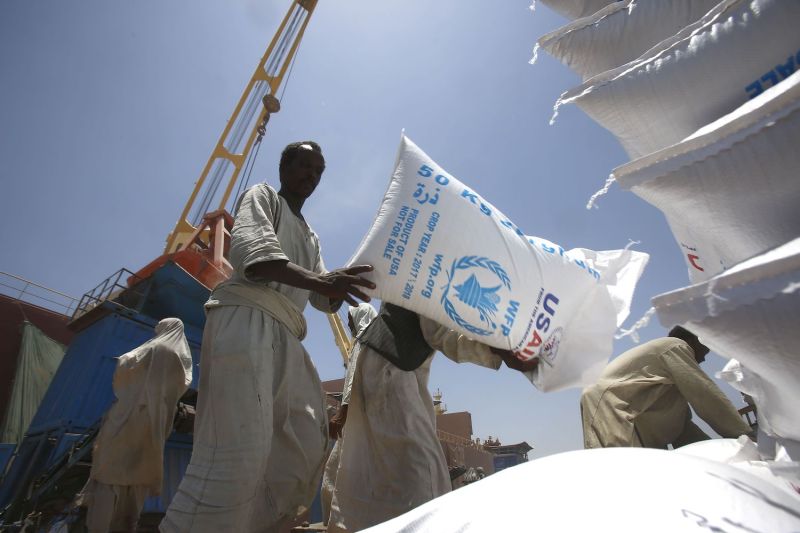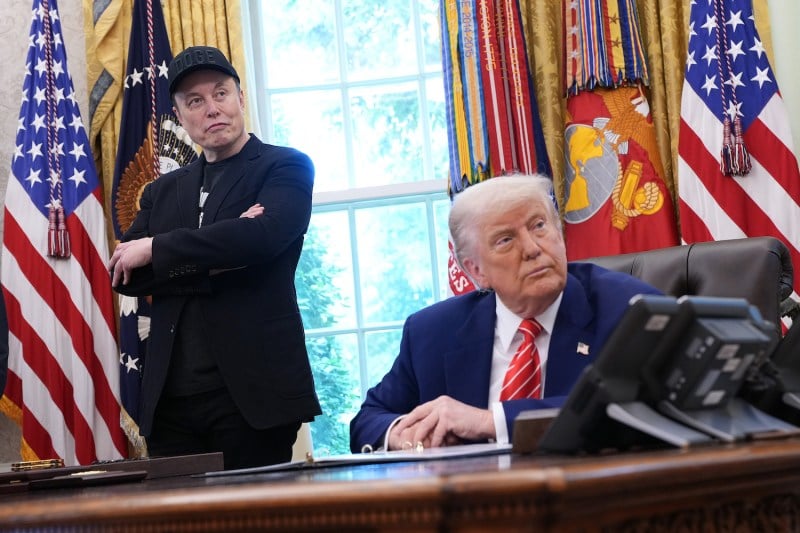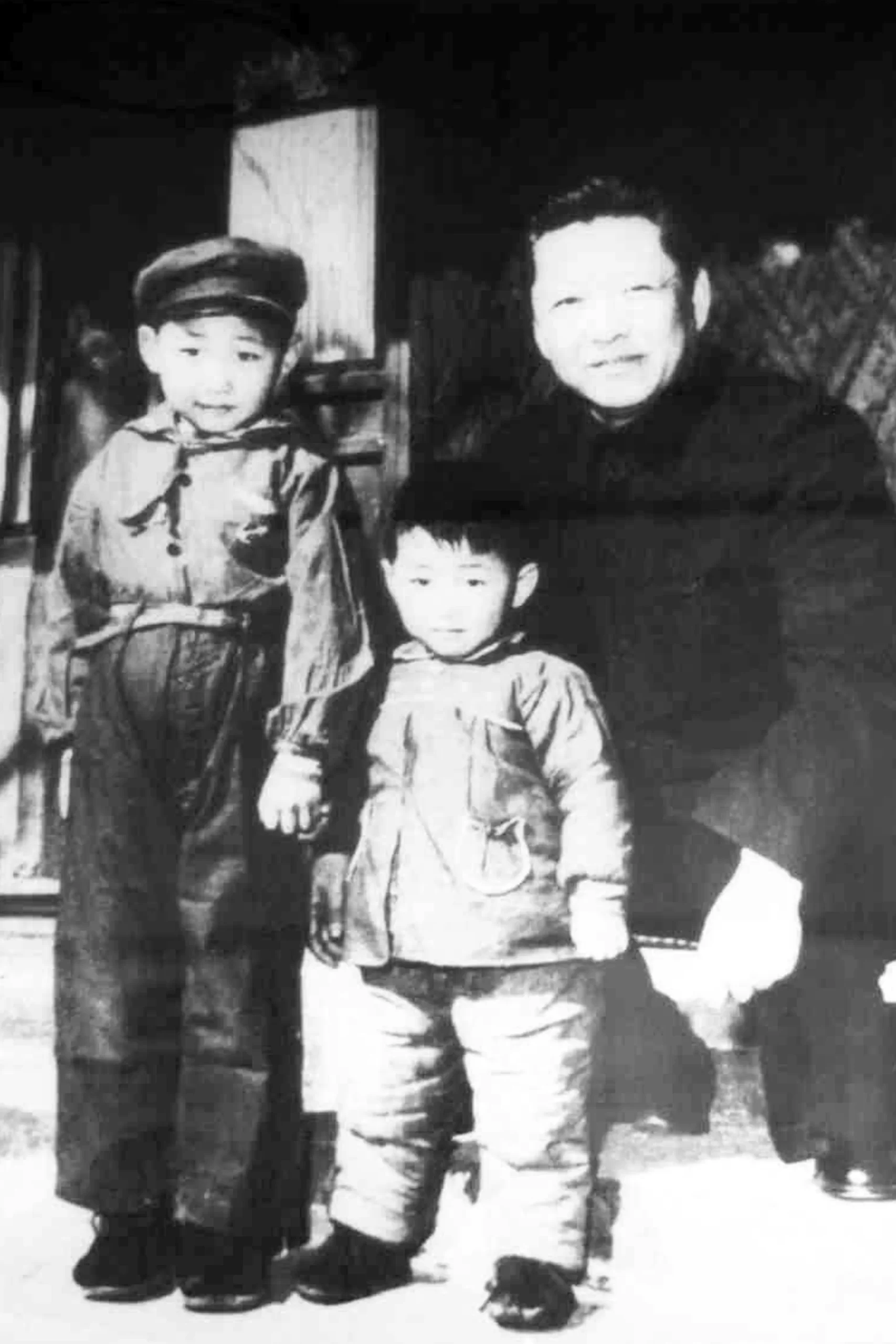USAID Purge Ends With 83 Percent of Programs Canceled

USAID Purge Ends With 83 Percent of Programs Canceled
After weeks of uncertainty, U.S. Secretary of State Marco Rubio announced the final tally of cuts.
Dock workers unload humanitarian aid supplies at Port Sudan on June 5, 2018. Ashraf Shazly/AFP via Getty Images
After weeks of uncertainty, U.S. Secretary of State Marco Rubio announced on March 10 that the Trump administration has terminated 83 percent of programs at the U.S. Agency for International Development (USAID), the country’s top humanitarian and development agency.
The decision amounts to a purge of an organization that has long served as a tool of U.S. soft power and provided critical aid to millions of people worldwide, with programs focused on addressing humanitarian crises, disease, and malnutrition, among others.
After weeks of uncertainty, U.S. Secretary of State Marco Rubio announced on March 10 that the Trump administration has terminated 83 percent of programs at the U.S. Agency for International Development (USAID), the country’s top humanitarian and development agency.
The decision amounts to a purge of an organization that has long served as a tool of U.S. soft power and provided critical aid to millions of people worldwide, with programs focused on addressing humanitarian crises, disease, and malnutrition, among others.
“The 5200 contracts that are now cancelled spent tens of billions of dollars in ways that did not serve, (and in some cases even harmed), the core national interests of the United States,” Rubio posted on X, adding that the decision followed a six-week review.
The surviving 18 percent—approximately 1,000 USAID programs—will now be “administered more effectively under the State Department,” in consultation with Congress, Rubio said. It is unclear exactly which programs remain.
Rubio’s announcement is the latest development in the Trump administration’s chaotic effort to dismantle USAID and the wider U.S. foreign aid infrastructure, alarming aid groups and officials, who warn that the purge will have disastrous consequences worldwide. But while the United States is the world’s biggest foreign aid donor, it only spends 1 percent of its federal budget on foreign assistance; 60 percent of that aid is administered by USAID.
U.S. foreign aid traditionally receives bipartisan support. But the issue has emerged as a political flash point in the second Trump administration, with critics accusing USAID of wasteful spending that does not align with U.S. national interests. One of the agency’s sharpest critics has been Trump advisor and tech billionaire Elon Musk, who has said that USAID should “die.”
The crackdown began on the day Trump was inaugurated, when the returning U.S. leader signed an executive order freezing all U.S. foreign aid for 90 days, pending review, although Rubio later outlined exemptions. USAID was thrown into further disarray in early February as the agency’s website went dark and staffers around the world were placed on leave. Later that month, the Trump administration said it was terminating more than 90 percent of USAID contracts and $60 billion in foreign assistance.
The flurry of moves pitched aid groups into turmoil, as organizations scrambled to make sense of the sweeping freeze and chart a path forward in this new landscape. The Trump administration and some organizations are now locked in legal battles over outstanding foreign aid invoices.
“To say that we are reeling … across the sector would be an understatement,” said a senior aid official, who spoke to Foreign Policy in February on the condition of anonymity. “There are hundreds of thousands, if not millions, of lives that have been upended and put at risk as a result of these actions.”
The stark human costs of such policies were outlined in a series of internal agency memos by Nicholas Enrich, who served as USAID’s acting assistant administrator for global health before he was placed on leave after the memos leaked. If programs are permanently halted, Enrich estimated that the world could see as many as 18 million additional malaria cases per year, as well as up to 166,000 extra deaths from the disease, for example. There could also be an additional 200,000 paralytic polio cases per year.
Enrich blamed these potential outcomes on the “political leadership at U.S.A.I.D., the Department of State, and D.O.G.E., who have created and continue to create intentional and/or unintentional obstacles that have wholly prevented implementation” of aid programs.”
“This will no doubt result in preventable death, destabilization, and threats to national security on a massive scale,” he added.
Even before Rubio’s announcement, the effective shutdown of USAID had already drawn cheers from autocratic leaders who have long objected to the agency’s agenda of promoting democracy and human rights. If Washington continues down this track, experts warn that such moves will only further erode U.S. influence abroad.
“The United States is not just retreating on [its] humanitarian commitments, [it’s] essentially vacating the field when it comes to a global struggle for influence from the West, which surely goes against [its] national interests,” the senior aid official said.
Christina Lu is an energy and environment reporter at Foreign Policy. X: @christinafei
More from Foreign Policy
-

A Ukrainian machine-gunner holds an American FIM-92 Stinger portable air defense missile system for the reconnaissance and destruction of Russian drones in Zaporizhzhia, Ukraine, on Dec. 2, 2024. How Trump Is Killing the U.S. Defense Industry
It turns out that abandoning allies and tossing out security guarantees is bad for business.
-

Ukrainian President Volodymyr Zelensky talks to a group of European leaders on the sidelines of a summit in Kyiv on Feb. 24, the third anniversary of Russia’s full-scale invasion of Ukraine. Europe Is Now Led by Its North
The Nordics and Baltics are together inspiring visions of a stronger continent.
-

Trump stands at a podium with both arms outstretched and his hands open as he speaks. He wears a dark suit and a bright red tie. Trump Is Trying to Remake the United Nations
Washington has signaled that it wants the international body to focus on preserving peace, but it could be looking to rubber-stamp its bilateral priorities.
-

Donald Trump speaks during a campaign rally at Van Andel Arena on November 5, 2024 in Grand Rapids, Michigan. Trump’s Concert of Kingpins Won’t Work
A globe carved up by strongmen isn’t any world order at all.










Join the Conversation
Commenting on this and other recent articles is just one benefit of a Foreign Policy subscription.
Already a subscriber?
.
Subscribe
Subscribe
View Comments
Join the Conversation
Join the conversation on this and other recent Foreign Policy articles when you subscribe now.
Subscribe
Subscribe
Not your account?
View Comments
Join the Conversation
Please follow our comment guidelines, stay on topic, and be civil, courteous, and respectful of others’ beliefs.
Change your username |
Log out
Change your username:
CANCEL
Confirm your username to get started.
The default username below has been generated using the first name and last initial on your FP subscriber account. Usernames may be updated at any time and must not contain inappropriate or offensive language.